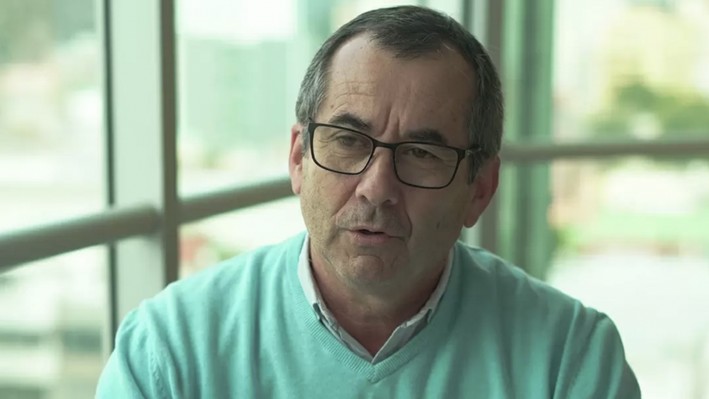- René Muñoz, the association's manager, spoke with the program *El Agro* on Radio Agricultura, where he stated that the forestry industry faces a discouraging outlook due to the scarcity of raw materials and the lack of long-term vision from the State.
The Chilean forestry industry is at a critical point, with declining timber availability and the closure of industrial plants, threatening the livelihoods of many families and regional development. René Muñoz, manager of the Association of Forestry Contractors A.G. (Acoforag), expressed his concern about the current situation and the future of the sector on the program *El Agro* on Radio Agricultura.
Muñoz pointed out that violence, insecurity, and the intentionality behind fires have significantly impacted raw material availability, leading to the closure of three major industrial plants belonging to the Arauco group. This situation also affects small sawmills that rely on third-party timber, including small landowners whose forests have been devastated by fires.
The outlook is bleak, with an estimated decrease in timber availability of 5 million cubic meters over the next 15 years. Muñoz warns that the State's lack of long-term vision and large companies investing in forestry projects in other countries, such as Brazil, jeopardize the sector's growth potential in Chile.
The Acoforag manager emphasized that the forestry sector is key to regional development, particularly in the macrozone spanning from the Maule region to the Los Lagos region, including Valparaíso and Coquimbo. However, the lack of reforestation and proper management of forest lands is a growing concern.
Muñoz also addressed the issue of state incentives and subsidies, noting that while they exist, they are insufficient to cover the costs of afforestation and reforestation, which are long-term investments. According to Corma's estimates, between 15,000 and 25,000 million pesos per year are needed to afforest 10,000 to 20,000 hectares.
Additionally, the high tax burden on forest owners—nearly 46% per cubic meter of timber sold—discourages investment in the sector. Muñoz calls for greater state vision and leadership that looks toward the country's future and its forestry potential, something he believes has been lacking in recent administrations.
He also spoke about the impact of the state of emergency in Araucanía and two provinces of Biobío, and how ideological reasons may be hindering the forestry sector's integration into the country's development.
The full interview is available on the *El Agro* podcast from Radio Agricultura:
https://www.radioagricultura.cl/podcast/el-agro-sabado-25-mayo-2024/#







Comentarios (0)
No hay comentarios aún. ¡Sé el primero en comentar!
Deja un comentario